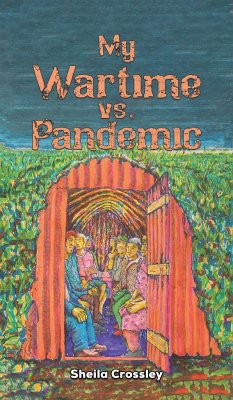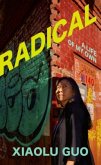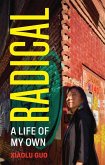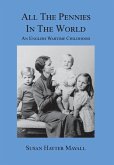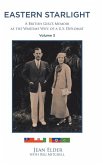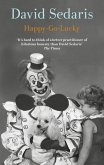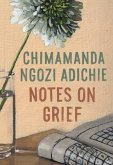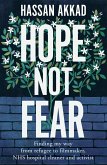Everyone now knows what life is like during a Pandemic but if you have ever wondered whether living through it is better or worse than living in a World War, this little book is for you. In this contest of war versus pandemic, personal recollections illustrate what life was like in the years immediately preceding the Second World War and the changes that occurred after the outbreak of hostilities. It was not a game of two halves. There was a lengthy interval of seventy-five years between the end of one event and the start of the other. In both cases there were some own goals, a lot of off-sides and numerous penalties, but the referee leaves it to the reader to decide which side won, if any.

